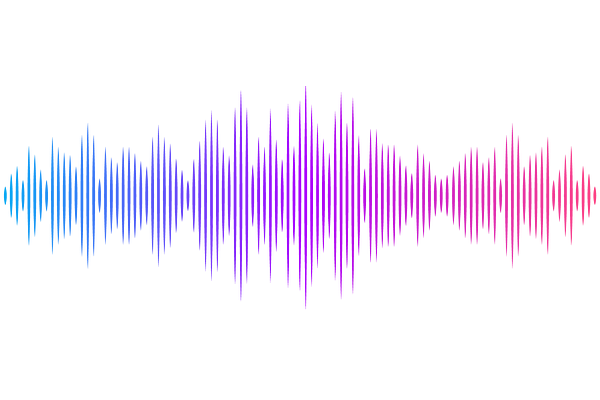Non-Intestinal Microbial Signatures in Stool as Predictors of Cancer Immunotherapy Outcome

Non-Intestinal Microbial Signatures in Stool as Predictors of Cancer Immunotherapy Outcome
Kanaeva, V. A.; Olekhnovich, E. I.
AbstractDespite advances in immunotherapy, clinical responses remain heterogeneous, underscoring the need to elucidate the gut microbiome\'s role in modulating therapeutic efficacy. We conducted a large-scale genome-resolved metagenomic analysis of 624 stool samples from 11 cohorts spanning five cancer types from three continents to identify conserved microbial biomarkers of immunotherapy response. Responders (R; n = 362) exhibited enrichment of Blautia species, linked to acetate production from CO2 via the Wood-Ljungdahl (WL) pathway, glycoside hydrolases (GH), and amino acid biosynthesis. Non-responders (NR; n = 262) showed increased oral (e.g. Veillonella parvula, Dialister invisus) and food-derived taxa included opportunistic species e.g. Citrobacter freundii, Klebsiella spp., alongside depletion of gut-resident microbes and enriched lipopolysaccharide biosynthesis and flagellar assembly pathways. Interestingly, part of NR-associated microbes originated from non-intestinal niches (oral/food), which may correlate with reduced gut microbial load in the large intestine. These findings redefine dietary interventions as dual-edged: while carbon sources such as fiber processed by GH or CO2 processed by WL pathway supports beneficial taxa and immune system, pathogen-free food sourcing is critical to avoid introducing opportunistic microbes. Our work establishes the resident-to-transient microbial ratio as a novel predictive biomarker and positions Blautia as a keystone genus for next-generation probiotics targeting carbon metabolism-immune crosstalk. By integrating taxonomic, functional, and ecological axes, this study provides a roadmap for microbiome-guided precision nutrition to optimize immunotherapy outcomes. While immunotherapy non-responders exhibit gut microbiota enriched with food/oral commensals, Faecalibacterium prausnitzii - shows context-dependent associations, with strain-level variations potentially linked to A blood group antigen N-acetylgalactosamine utilization, highlighting its role as a conditional biomarker and the prognostic value of metagenomics in personalized therapy.